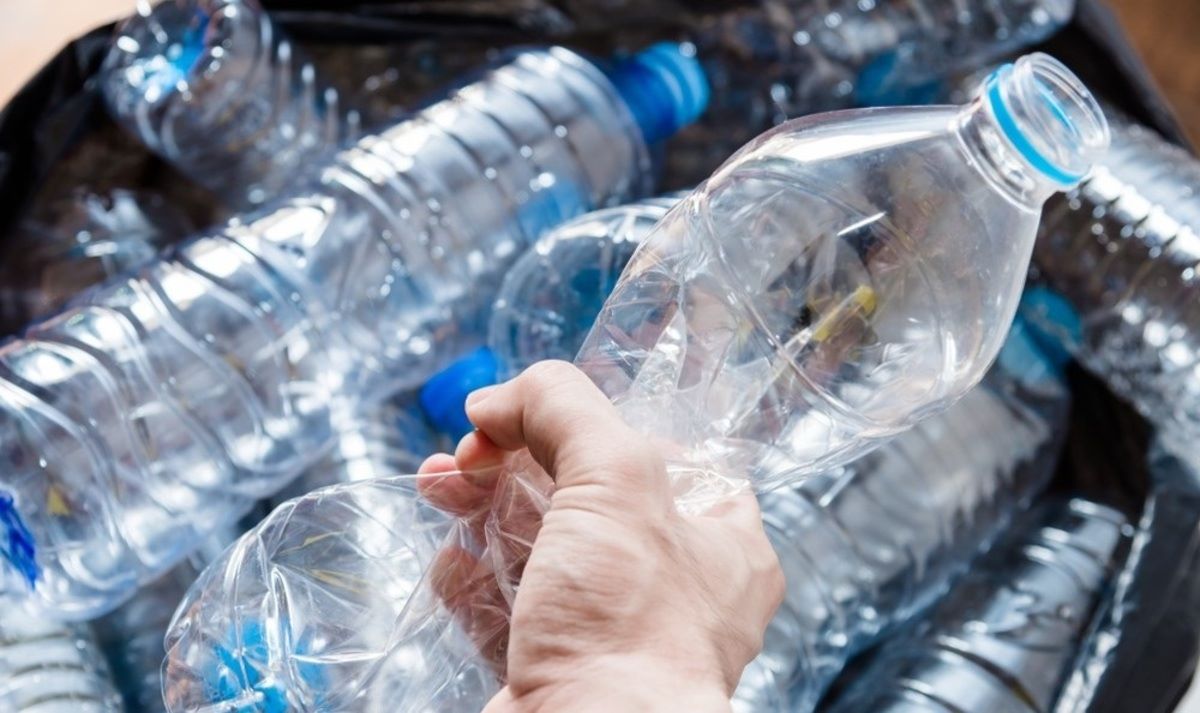
Ever wondered how many plastic bottles are used each day? Brace yourself for a staggering number. Over 1 million plastic bottles are purchased every minute worldwide. That’s about 1.5 billion bottles daily! This massive consumption has serious environmental impacts. Most of these bottles end up in landfills or oceans, taking hundreds of years to decompose. Recycling efforts are improving, but only a small fraction of bottles get recycled. Understanding this issue is crucial for making better choices. From reducing personal use to supporting eco-friendly initiatives, everyone can help tackle this plastic problem. Ready to learn more? Let’s dive into some eye-opening facts!
The Global Consumption of Plastic Bottles
Plastic bottles are everywhere. From water to soda, these containers have become a staple in daily life. But how many are used each day? Let's dive into some eye-opening facts.
-
1 million plastic bottles are bought every minute worldwide. This staggering number equates to about 1.5 billion bottles daily. Imagine the sheer volume of waste generated.
-
Americans alone use 50 billion plastic water bottles annually. That breaks down to roughly 13.7 million bottles every day in the United States.
Environmental Impact of Plastic Bottles
Plastic bottles have a significant environmental footprint. Their production, usage, and disposal all contribute to pollution and resource depletion.
-
Only 9% of plastic bottles are recycled globally. The rest end up in landfills, oceans, or as litter, causing severe environmental damage.
-
Plastic bottles take up to 450 years to decompose. During this time, they break down into microplastics, which contaminate soil and water.
The Energy Cost of Producing Plastic Bottles
Producing plastic bottles is energy-intensive. The process involves extracting and refining petroleum, which has its own environmental consequences.
-
It takes 17 million barrels of oil annually to meet the U.S. demand for bottled water. This amount of oil could fuel 1.3 million cars for a year.
-
Producing a single plastic bottle uses up to 3 liters of water. Ironically, this is more water than the bottle itself can hold.
Health Concerns Linked to Plastic Bottles
Plastic bottles aren't just bad for the environment; they can also pose health risks. Chemicals used in their production can leach into the liquids they contain.
-
BPA and other chemicals in plastic bottles can leach into the water. These chemicals have been linked to various health issues, including hormonal disruptions and cancer.
-
Reusing plastic bottles can lead to bacterial growth. Over time, scratches and cracks in the bottle can harbor bacteria, posing health risks.
Efforts to Reduce Plastic Bottle Usage
Many organizations and individuals are working to reduce plastic bottle consumption. These efforts range from promoting reusable bottles to implementing stricter recycling programs.
-
Some countries have banned single-use plastic bottles. For example, France has prohibited the use of plastic cups, plates, and cutlery, including bottles, in public places.
-
Companies are developing biodegradable and reusable alternatives. Innovations like plant-based plastics and stainless steel bottles are gaining popularity.
The Role of Consumers in Reducing Plastic Bottle Waste
Consumers play a crucial role in reducing plastic bottle waste. Simple changes in daily habits can make a significant difference.
-
Using a reusable water bottle can save hundreds of plastic bottles annually. If one person switches to a reusable bottle, they can prevent the use of approximately 167 plastic bottles each year.
-
Supporting brands that use recycled materials can drive change. Many companies are now using recycled plastics to produce new bottles, reducing the demand for virgin plastic.
The Future of Plastic Bottles
The future of plastic bottles depends on collective action. Governments, companies, and individuals must work together to find sustainable solutions.
- Legislation and policies are being introduced to curb plastic waste. Many countries are implementing deposit return schemes and stricter recycling regulations to tackle the plastic bottle problem.
The Impact of Plastic Bottle Usage
Plastic bottles are everywhere. Every day, millions get used and tossed, contributing to a growing environmental crisis. These bottles take hundreds of years to decompose, clogging landfills and polluting oceans. Recycling helps, but it's not enough. Only a small fraction of plastic bottles actually get recycled. Most end up as waste, harming wildlife and ecosystems.
Reducing plastic bottle usage is crucial. Simple changes like using reusable bottles can make a big difference. Supporting policies that limit single-use plastics also helps. Awareness and action are key. By making conscious choices, we can reduce the impact of plastic bottles on our planet.
Remember, every bottle counts. Small steps lead to big changes. Let's work together to create a cleaner, healthier world. The future depends on the actions we take today.
Was this page helpful?
Our commitment to delivering trustworthy and engaging content is at the heart of what we do. Each fact on our site is contributed by real users like you, bringing a wealth of diverse insights and information. To ensure the highest standards of accuracy and reliability, our dedicated editors meticulously review each submission. This process guarantees that the facts we share are not only fascinating but also credible. Trust in our commitment to quality and authenticity as you explore and learn with us.


